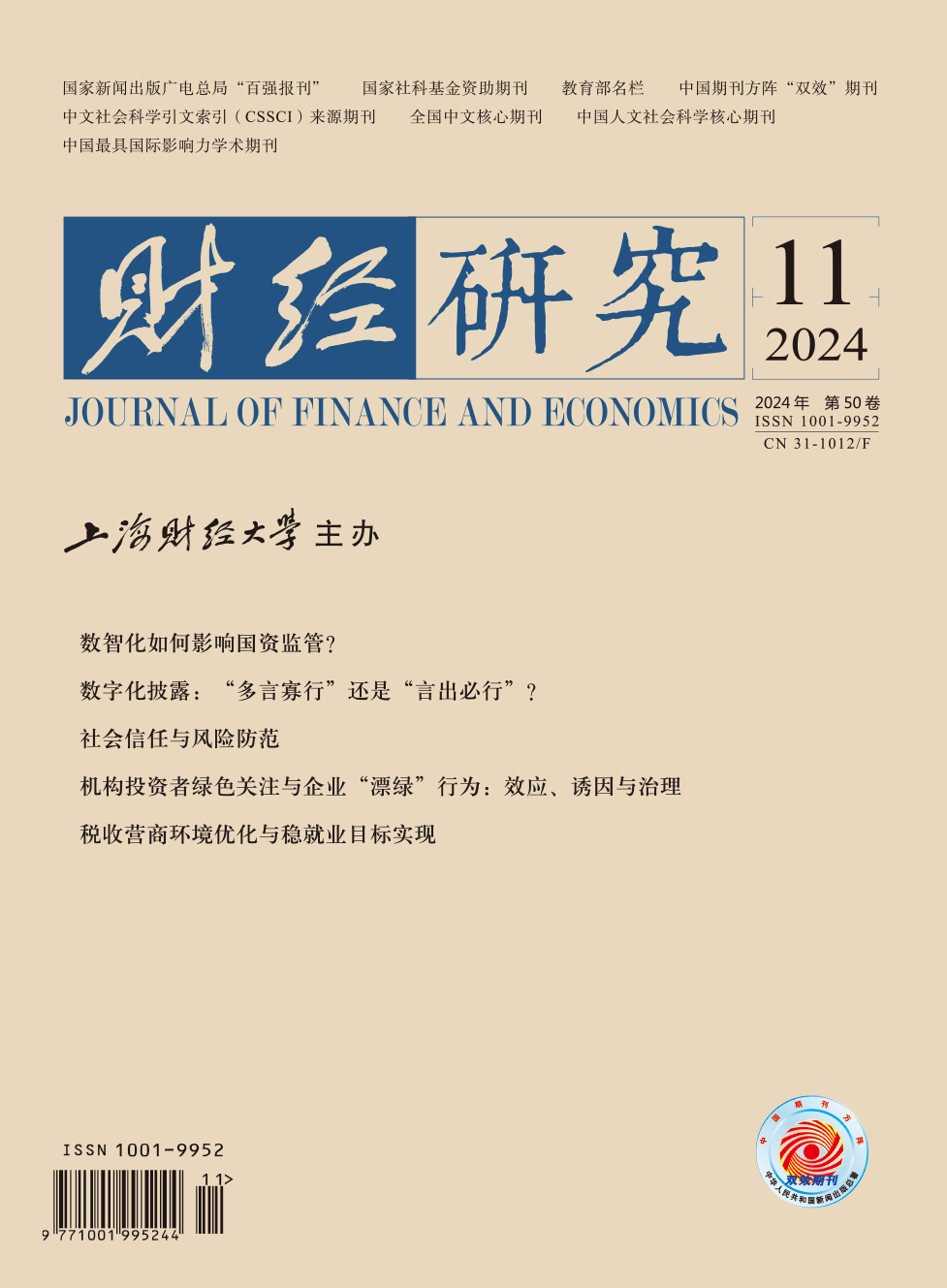With the deepening of reform and opening up, the scale of migrants between inter-regions and urban-rural has been expanding rapidly. The production activities of migrants cannot be separated from the input of time factors, where the labor time allocation and family gender division are related to the realization of the utility maximization.
Meanwhile, the decision on the labor time allocation within a family is subject to multiple constraints of the external environment. Under the background of migrant and left-behind children brought by the continuous growth of migrants, education access not only directly promotes the educational equity of migrant children, but also becomes an important factor affecting the labor division and family welfare of migrants.
Focused on the urban education access, this paper employs the Cohort DID model to systematically assess the impact of education access policy on labor time allocation and family gender division of migrants, and deeply explore its specific mechanism and heterogeneity.
The study finds that: First, the education control policy will significantly increase the work and housework time of migrants, and the effect shows a certain degree of gender difference. Second, increasing education expenditure of children and changing migration patterns of parents are the mechanisms underlying this time allocation effect of education control policy, and its effect channels in families with different numbers of school-age children are different. Third, the differences in children’s educational competition and parents’ occupational characteristic have a heterogeneous impact on the effect of education control policy to strengthen the gender division of migrants’ family, and this effect will further affect the family welfare of migrants.
This paper provides the following policy implications: First, the deepest problem in the education access policy is the household registration system, and allowing migrants to access to public services equally is an important way to achieve the goal of education equity and education power. Second, the implementation of the permanent residence registration system to provide basic public services can promote the reasonable and orderly flow of population and build equal social gender awareness and culture. Third, in the context of the adjustment of birth policy, governments need to improve labor and employment security measures, increase market-oriented child care resources, and promote the work flexibility system, so as to fundamentally solve the potential contradiction between family responsibility and employment behavior of migrants.





 3366
3366  6332
6332

